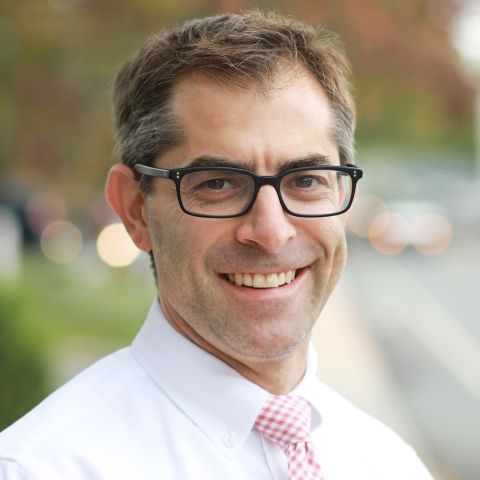

Kicking the Habit: The Opioid Crisis, America's Addiction to Punitive Prohibition, and the Promise of Free Heroin
There is no single cause of America’s opioid crisis. But unethical physicians and unscrupulous prescription practices undoubtedly have contributed. The federal government has responded predictably: criminally prosecuting doctors who prescribe opioids to the drug dependent. The approach may seem sensible, but it as wrongheaded as our century-old drug war. Indeed, it is part-and-parcel of that misguided struggle. Law enforcement’s recent push for punishment might succeed in limiting opioid prescriptions, but only at the cost of driving drug-dependent individuals into more dangerous criminal markets, away from narcotics of reliable quality and toward adulterated street heroin and fentanyl. For individuals addicted to opioids or suffering from chronic pain, a criminal drug war has never been a prescription for improving wellness. Indeed, part of the problem is our very obsession with the pejorative notion of “getting clean.” It is bad enough to conceive of the drug user as “dirty.” It is much worse for a state to monomaniacally pursue an abstinence-based policy model. This dominant model is grounded in the cruel logic of punitive prohibition. It depends not upon healing but upon puritanical blame and shame, isolation and othering, prosecution and penalty. The better model is “harm reduction,” grounded in connection and care, reason and rights, human dignity and worth. The evidence abounds. International and historical public-health efforts have demonstrated, for instance, that one of the best ways to confront epidemic drug use is “addiction maintenance” — that is, establishing medically supervised clinics to provide pharmaceutical-grade narcotics (often free of charge) in amounts calibrated to maintain the social and physical wellbeing of the drug dependent. In this essay, we survey these international and historical efforts. We look to our own sometimes-better, sometimes-worse past. We examine the racist roots of the modern American drug war. We describe contemporary reforms, within and beyond the opioid crisis. We explain how meaningful change is likeliest to occur: from the ground up, as a product of underground experimentalism, initiated by and within the most-affected communities. And we offer our own public-health prescription: a set of pragmatic harm-reduction responses to punitive prohibition and its inhumane, counterproductive, and often deadly effects.